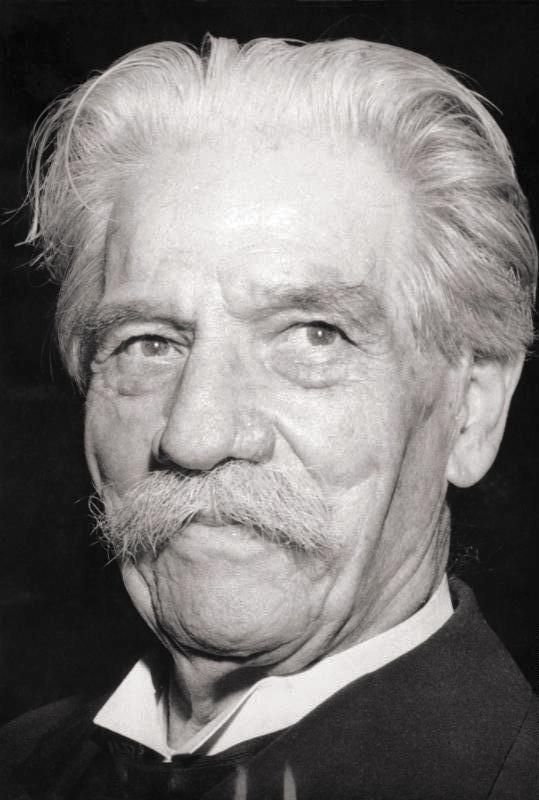Ludwig Philipp Albert Schweitzer was an Alsatian polymath. He was a theologian, organist, musicologist, writer, humanitarian, philosopher, and physician.
Schweitzer was born in Alsace in the then German Empire. He studied theology and became a priest, but that was not enough. He wanted to alleviate suffering, and accordingly studied medicine.
Together with his wife, who was a nurse, he built and ran a hospital at the mission station Lambarene in Gabon, a French colony at the time. This effort became an example to others.
Albert Schweitzer The Philosopher
The expression “reverence for life” is the key to Albert Schweitzer’s personal philosophy. No person must ever harm or destroy life unless absolutely necessary. This attitude permeated everything he did.
He received the 1952 Nobel Peace Prize for his philosophy of “Reverence for Life”, becoming the eighth Frenchman to be awarded that prize.
Albert Schweitzer The Missionary
Schweitzer entered into his intensive theological studies in 1893 at the University of Strasbourg where he obtained a doctorate in philosophy in 1899, with a dissertation on the religious philosophy of Kant, and received his licentiate in theology in 1900.
He began preaching at St. Nicholas Church in Strasbourg in 1899; he served in various high ranking administrative posts from 1901 to 1912 in the Theological College of St.Thomas, the college he had attended at the University of Strasbourg.
In 1906 he published The Quest of the Historical Jesus, a book on which much of his fame as a theological scholar rests.
Albert Schweitzer The Musician
Schweitzer never entirely abandoned his musical or scholarly interests. He published Die Mystik des Apostels Paulus (1930; The Mysticism of Paul the Apostle), gave lectures and organ recitals throughout Europe, made recordings, and resumed his editing of Bach’s works, begun with Widor in 1911 (Bachs Orgelwerke, 1912–14).
His address upon receiving the Nobel Peace Prize, Das Problem des Friedens in der heutigen Welt (1954; The Problem of Peace in the World of Today), had a worldwide circulation.

Full name Albert Schweitzer
Born 14 January 1875, Kaysersberg
Died 4 September 1965 (aged 90)
Known for Medicine Music Philosophy Theology
Awards The Nobel Peace Prize 1952
Albert Schweitzer OM was an Alsatian polymath. He was a theologian, organist, writer, humanitarian, philosopher, and physician. A Lutheran, Schweitzer challenged both the secular view of Jesus as depicted by the historical-critical method current at this time, as well as the traditional Christian view
https://www.nobelprize.org/prizes/peace/1952/schweitzer/biographical/